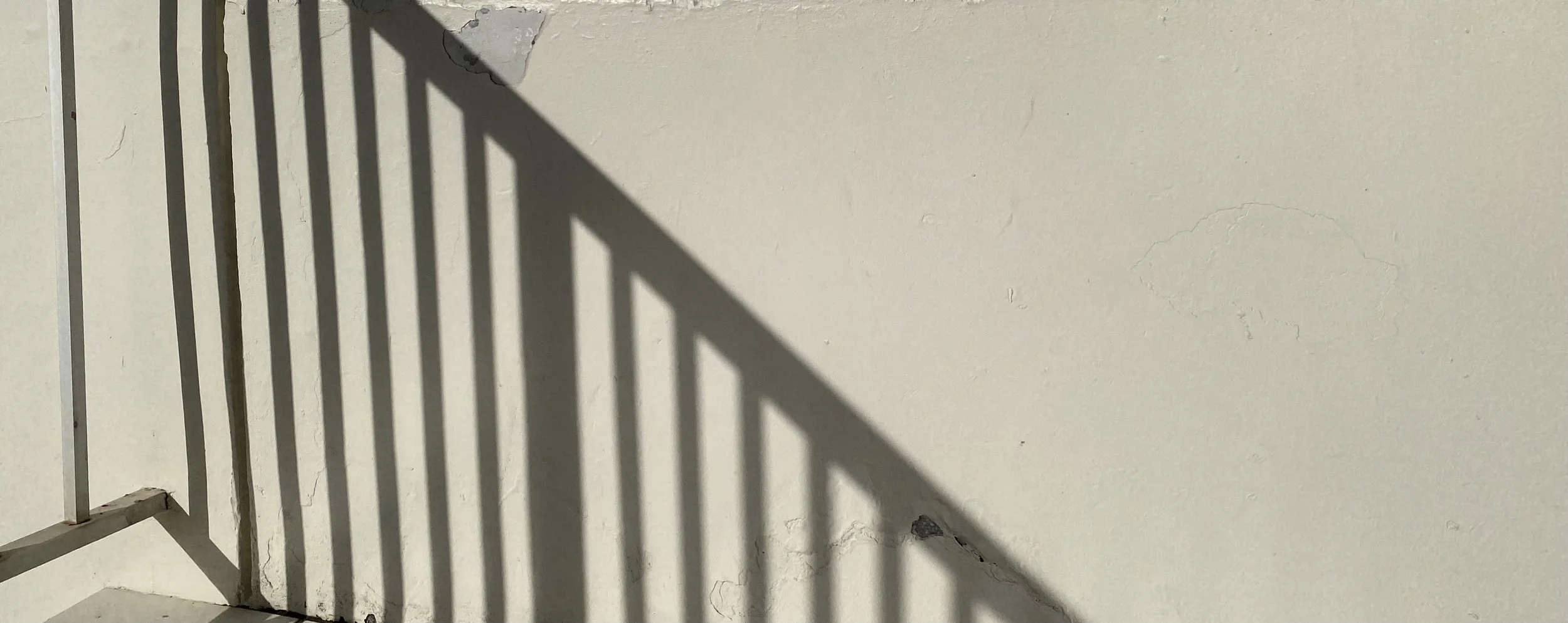A few weeks back I taught myself a lesson in how not to meditate.
I had approached Friday morning, when friends at Claremont Presbyterian and from around the world gather online for Centering Prayer, with the best of intentions.
Be there at 8. Sharp.
But things went wrong from the crack of dawn, actually before then. For most of the night, sleep wouldn't come. Then, a deep dive took me under, and I woke only 15 minutes before our scheduled meditation time.
As I woke I noticed a message that a dear friend had been taken to the ER. Push that off, I thought, I will deal with that after meditation. I rush for a sweatsuit to cover my PJs find a glass of water: not even time for a coffee. Now, I have two things on my brain: friend and caffeine. Fr. Thomas Keating's admonition to rest in the Lord is being crowded by other thoughts.
Interruptions continue. I forget the brass singing bowl that I strike to take us into meditation, and ultimately, I can't meditate at all because I have to call someone on the phone right away.
The meditation session was a wipeout for me and I expect that my split brained frazzeledness didn't help the other meditators either.
Reflection on the morning brings me back to Fr. Keating. I remind myself that he was a Trappist monk, trained and disciplined for decades before he and a handful of others popularized Centering Prayer. His simple instructions—sit down, be quiet, close your eyes—are easy and approachable. But the simple act of opening one's soul to God's presence is excruciatingly difficult. Meditation is not called a "practice" without good reason. The simple steps require clarity and repetition.
In the best of situations, training one's self to quiet the screaming monkeys in your head is hard. When known distractions follow you, real meditation is impossible.
I would have been a better meditator and a better leader of meditation that day if I had simply apologized, said I can't do it now, and left.
Truth is, God speaks to us in different ways. There are times when duty calls, family calls, even psyche calls. Very few of us lives in a monastic community that can keep external demands at bay all the time.
Our first task in learning to meditate is to manage the external environment sufficiently that our minds, hearts, and soul can be stilled at least a bit.
When we can't, it's better to come back to meditation another time, later in the day, tomorrow even.
Join us online for Centering Prayer on Fridays at 8 am. If you are not registered please email me. I will see that you have the necessary link: charlestaylorkerchner@gmail.com
Photo: CTK Shadows, Honolulu, 2022

